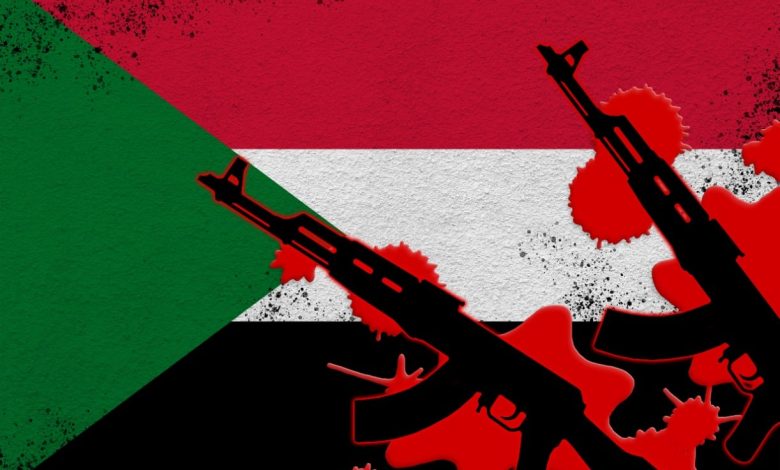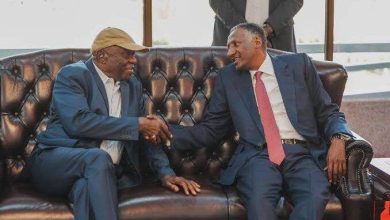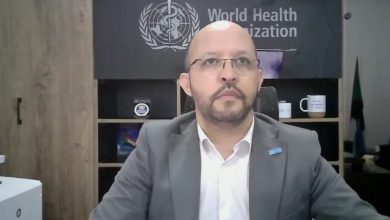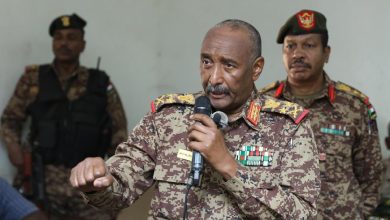The UAE Must Stop Stoking War in Sudan (1-2)

by Elfadil Ibrahim
On April 15, Sudan became the fourth Arab Spring country to slip into civil war, pinning Abdel-Fattah Al-Burhan’s Sudanese Armed Forces (SAF) against Hemedti’s Rapid Support Forces (RSF).
Foreign nationals and diplomatic officials, whose intelligence services are regularly monitoring such situations, were totally blindsided by the intensity and speed at which the conflict began and escalated. The immediate departure of foreign diplomatic missions was followed by the gradual displacement of residents from Khartoum and Darfur, the two regions most affected by the fighting. Hopes of a quick resolution were dashed when the trend pointed to escalation rather than abatement.
The United Arab Emirates’ involvement in the conflict in Sudan is readily apparent. While diplomats were leaving Sudan, local reporters picked up on the absence of the Emirati ambassador, Hamad Aljneibi, in Khartoum when the war began. This was followed by his sudden return to Port Sudan by sea in the early days of the conflict. This came at a time when airspace was closed country-wide following the outbreak of violence.
While this was all done under the guise of humanitarian and peacemaking efforts, the Wall Street Journal broke an investigative piece confirming what many already suspected, weapons shipments from the UAE being passed off as humanitarian aid headed to Amjarass in Chad via Uganda.
These armaments were destined for the UAE’s local proxy, the RSF, in Sudan’s western region. In addition, CNN exposed that the shipments of surface-to-air missiles were destined for the RSF via flights shuttling the hardware from Latakia, Syria, to Khadim, Libya, and then airdropped to northwestern Sudan, where the RSF enjoys a strong presence.
There is evidence that the UAE has been funding Wagner in Libya to help reduce the financial burden on Russia for its Libyan operations and has been deploying these forces to prop up its ally, General Khalifa Haftar, who has been fighting the UN-recognized Government of National Accord in Tripoli.
The relationship between the UAE and the RSF is well-documented. A Sudanese force composed primarily of RSF fighters has even been deployed in Yemen to fight as part of the Saudi-UAE coalition to restore the toppled Abdrabbuh Mansur Hadi’s government. The RSF also dispatched the bulk of the Sudanese forces that were deployed to Libya to help Haftar’s forces take Tripoli.
Hemedti made billions off his outsourcing of troops as well as his Gold trading operations with the Wagner group and the UAE, where most of Sudan’s undeclared gold ends up. He then deployed some of these funds to stabilize the Sudanese economy after the 2019 revolution with a billion-dollar bank deposit into the Central Bank. The move was meant to whitewash Hemedti’s checkered past as a militia leader in Darfur, but it instead prompted more questions about why he had so much money to begin with.
While Abu Dhabi has been fanning the flames of the conflict, the events have not been in favor of its custodian in Sudan. Al-Burhan managed a surprising breakout from the Army HQ in Khartoum, where he was held up since fighting started on April 15. Surrounded by RSF fighters, Burhan’s unexpected escape was a shock to all, especially for the RSF, which was intent on capturing or killing the SAF leader as per Hemedti’s pronouncement, Burhan was a “criminal.”
While details are scant, Burhan’s subsequent visit to Egypt, the SAF’s closest ally, along with the head of the General Intelligence Service, Ahmad Ibrahim Mufaddhal, was clearly centered on procuring military assistance. Burhan has since made international trips to South Sudan and Qatar, shoring up more support and legitimacy for his campaign against the paramilitary group, meanwhile, Hemedti’s lack of physical public appearances since July has fueled rumors of his death or incapacitation. The appetite of foreign leaders to engage or associate with Hemedti, assuming he is alive and well, is also likely to diminish given the grave and systematic human rights violations committed by RSF soldiers.
Despite its firm grip over Khartoum and Darfur, the RSF has not had any decisive victories outside of those areas and has not captured any of the SAF’s airforce or infantry bases in seventeen out of Sudan’s eighteen states. Its forces have instead made themselves hard to dislodge by commandeering civilian homes in Khartoum and looting vehicles that are either kept by its soldiers, sold for profit, or used as part of the RSF’s operations to help them avoid detection by SAF planes.
The atrocious violations the RSF has committed in Khartoum and Darfur have effectively extinguished Hemedti and the RSF’s political future. The sultan of the Masalit Tribe in Darfur, Saad Bahreldin, appeared on Aljazeera recently to point the finger squarely at the RSF for its massacring of civilians and his tribesmen in the region. In addition, Hemedti’s brother and deputy, Abdelrahim Dagalo, was sanctioned by the U.S. Treasury on account of the leadership role he holds over forces that “engaged in acts of violence and human rights abuses, including the massacre of civilians, ethnic killings, and use of sexual violence.”



